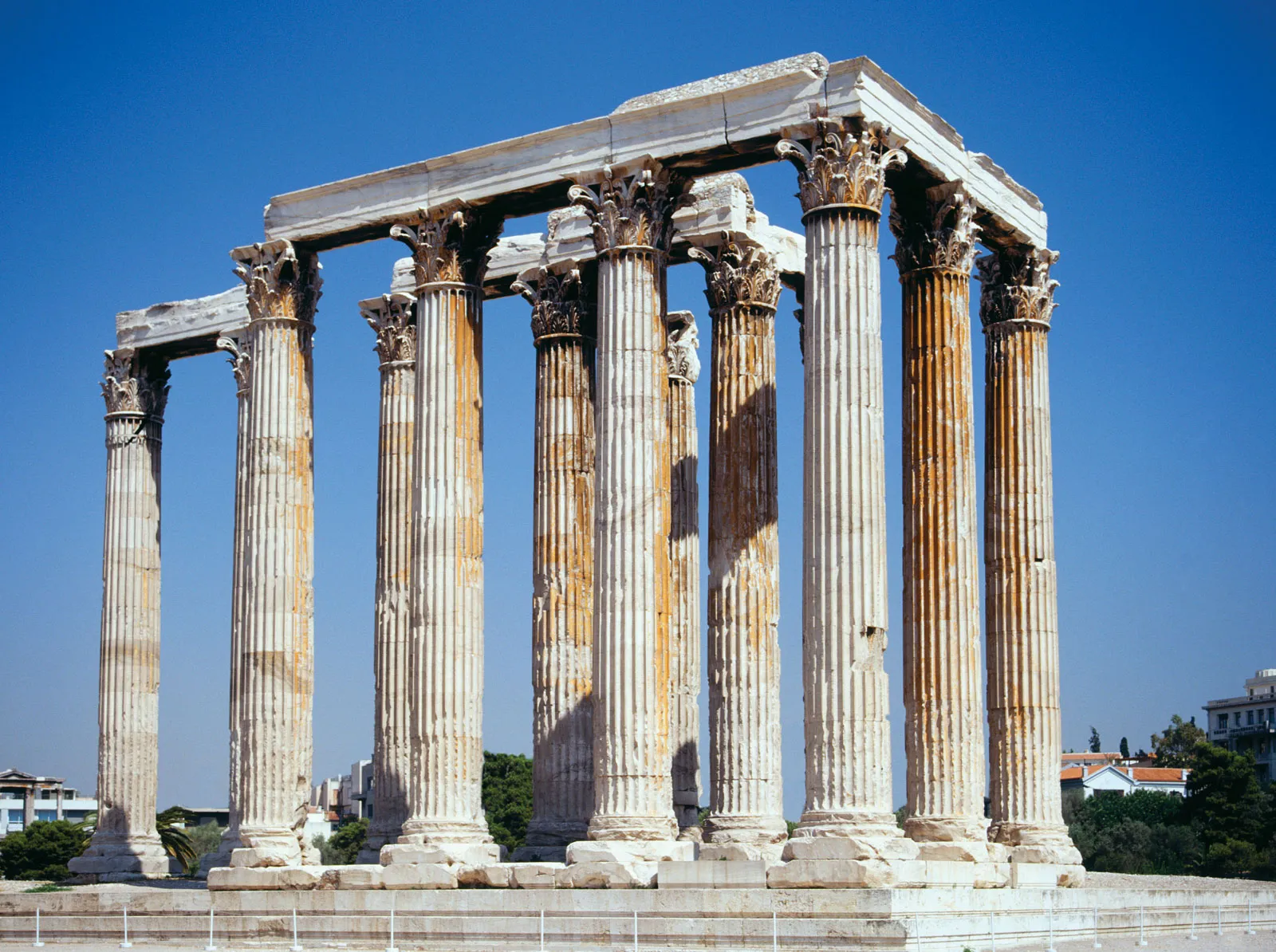Echoes of Eternity: The Enduring Legacy of Greek Civilization

The story of humanity’s intellectual and cultural awakening is incomplete without the monumental contributions of ancient Greece. Greek thinkers, architects, poets, and philosophers shaped not only the foundations of Western civilization but also the universal pursuit of reason, beauty, and democracy. From the majestic temples of Athens to the philosophical schools of Athens and Sparta’s martial discipline, Greece was the cradle of innovation and intellect.
The Greek Civilization emerged around 2000 BCE and flourished for over a millennium, leaving behind a heritage that continues to inspire art, politics, literature, and science. This era was marked by exploration of the human condition, the development of city-states, and a deep belief in logic and balance — principles that have remained relevant for more than two thousand years.
The Birth of a Cultural Powerhouse
Greek civilization began as a collection of independent city-states, or polis, such as Athens, Sparta, Corinth, and Thebes. Each city-state had its unique government, traditions, and values, but all shared a passion for excellence, reason, and beauty — the Greek ideal known as arete.
Athens became the heart of intellectual and artistic achievement, while Sparta stood as a symbol of military discipline and civic duty. These contrasting yet complementary systems of life demonstrated the diversity and depth of Greek political thought. The rivalry between Athens and Sparta shaped Greek history, leading to alliances, wars, and the eventual rise of new powers such as Macedonia under Philip II and his son, Alexander the Great.
Philosophy: The Quest for Truth
One of Greece’s greatest contributions was philosophy — the love of wisdom. Thinkers such as Socrates, Plato, and Aristotle explored profound questions about ethics, politics, and existence.
Socrates encouraged self-reflection through questioning, Plato envisioned an ideal society ruled by philosopher-kings, and Aristotle laid the foundations for modern logic and scientific reasoning. These thinkers set intellectual standards that shaped Western education for centuries.
Their ideas inspired a lineage of thought that extended through the Renaissance and Enlightenment, influencing figures like Descartes, Newton, and Kant. To this day, philosophical debates about morality, governance, and the nature of reality often trace their roots back to ancient Greek inquiry.
Democracy: Governance by the People
Among the most revolutionary achievements of the Greeks was democracy — the concept of governance by the citizens. In Athens, citizens gathered to debate and vote on laws, an unprecedented form of political participation in the ancient world.
Although Athenian democracy excluded women, slaves, and foreigners, its foundational idea — that governance should be a shared responsibility — was groundbreaking. Modern democratic systems around the world still draw inspiration from this Athenian model.
This innovation not only transformed politics but also empowered citizens to think critically and engage actively in civic life. The balance between personal freedom and collective responsibility remains a defining theme of modern governance.
Art, Architecture, and Aesthetics
Greek art and architecture were expressions of harmony, proportion, and ideal beauty. Temples like the Parthenon in Athens symbolized both spiritual devotion and architectural brilliance. Sculptors such as Phidias and Polykleitos captured the perfection of the human form, reflecting the Greek belief that the body and mind were interconnected manifestations of beauty.
In pottery, painting, and drama, Greek artists sought to tell stories that reflected universal human experiences — love, tragedy, honor, and destiny. Tragedians like Sophocles and Euripides explored moral conflict and the fragility of human life, while comedic playwrights like Aristophanes used satire to critique society and politics.
This deep connection between art and philosophy made Greek aesthetics a living expression of thought — one that continues to influence modern literature, film, and design.
Science and Mathematics: The Pursuit of Knowledge
Greek thinkers pioneered many scientific principles that form the basis of modern inquiry. Pythagoras revolutionized mathematics, Hippocrates advanced medicine, and Archimedes explored physics and engineering.
They believed that the universe followed rational laws that could be understood through observation and reasoning — a radical shift from myth-based explanations. This empirical approach laid the groundwork for the scientific method, which remains a cornerstone of intellectual progress today.
Astronomers like Aristarchus of Samos even proposed a heliocentric model of the universe centuries before Copernicus, illustrating the Greeks’ visionary understanding of nature.
The Legacy of Alexander the Great
The expansion of Greek culture under Alexander the Great marked the beginning of the Hellenistic Era. As he conquered Persia, Egypt, and parts of India, Greek ideas fused with Eastern traditions, giving rise to new forms of art, architecture, and science.
The Library of Alexandria became a hub of knowledge, attracting scholars from across the known world. This cultural synthesis not only preserved Greek wisdom but also inspired later civilizations, from the Romans to the Islamic Golden Age scholars.
Alexander’s vision of a connected world, bound by knowledge and exchange, mirrored the timeless Greek pursuit of unity and understanding.
The Enduring Spirit of Greece
Though ancient Greece eventually fell to Roman power, its spirit never died. The Romans adopted and adapted Greek philosophy, literature, and architecture, spreading them across their vast empire. Later, the Renaissance revived Greek ideals, sparking Europe’s rebirth in art and science.
Today, Greek concepts of democracy, reason, and aesthetics continue to define human civilization. From the architecture of government buildings to the structure of universities and the principles of law and ethics, Greek thought remains woven into the fabric of global culture.
Conclusion
The brilliance of Greek civilization lies not just in its achievements but in its enduring philosophy — the belief that humans, through reason and creativity, can shape their destiny. Greece gave the world more than monuments and myths; it gave humanity the courage to think, to question, and to create.
Every time we debate an idea, design a public space, or seek knowledge for its own sake, we echo the spirit of ancient Greece — a civilization whose light still guides the modern world.





